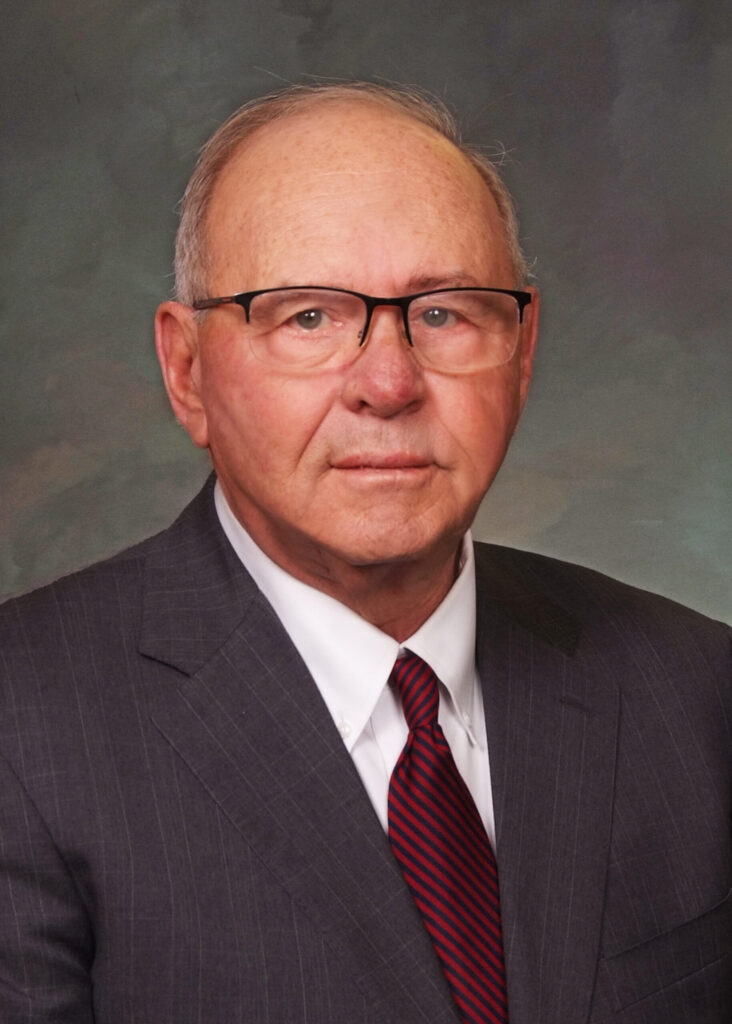Dissecting how Dems stuck together, GOPers frayed in 2025 state session | NOONAN
The 2025 General Assembly finished in a timely and modest fashion last week. Out of 667 introduced bills, 486 passed and 171 bit the dust. That’s a 73% pass rate, but whether 486 survive Gov. Jared Polis’ veto pen is still an open question.
If 2025 will be remembered in the record book, the governor must sign SB25-005, Worker Protection Collective Bargaining. Current law requires union organizing to pass through two votes, one to form a union and a second to allow for dues collection and contract negotiation. SB25-005 removes the second union member vote that makes Colorado unique among the states.
Another bill, HB25-1001, Enforcement Wage Hour Laws, is in a similar suspended decision. This bill strengthens the ability of workers to recover unpaid wages. Combined, the bills SB25-005 and HB25-1001, if signed by the governor, will transform Colorado’s labor relations and set the stage for how business is conducted in the state. If he vetoes the bills, the state will continue as an in-betweener with union representation statutes limiting labor’s role for worker protections and rights.
This session has held to the trends of recent General Assemblies since the Democrats won majority control of both chambers. Democrats generally voted together in both the House and the Senate. GOPers in the House, as usual, voted every which way, though there was considerable agreement in some areas such as landlord-tenant relations and repealing every state program grant up for repeal.
Democrats and Republicans in the Senate were generally more on the same page than Dems and GOPers in the House. Only Sen. Mark Baisley, of SD-04 covering Woodland Park, Salida, and Canon City, voted YES (244 YES) fewer times than he voted NO (258 NO) on passed bills. Interestingly, Sen. Cleave Simpson, in SD-06 adjacent to SD-04, a district covering Alamosa, Montrose, Durango and Cortez, voted YES (394 YES) more often than any other GOP Senator with only 108 NO votes.
Stay up to speed: Sign up for daily opinion in your inbox Monday-Friday
Senate GOP leadership including minority leader Paul Lundeen and JBC member Barbara Kirkmeyer also showed moderation, with Sen. Lundeen supporting passed bills with 357 YES votes and Kirkmeyer supporting passed bills with 367 YES votes. Both voted NO on the two labor bills as well as on SB25-001, the Colorado Voting Rights Act, Democratic signature legislation that protects voting rights for minorities, disabled individuals and non-English speakers.
On the Senate Democratic side, President James Coleman led the charge for his caucus with 501 YES final votes and 1 NO vote. Five other Democratic senators supported the caucus voting NO fewer than 10 times. The three top NO voters among Democratic Senators are Dylan Roberts (26 NO), Tim Sullivan (19 NO) and Julie Gonzales (16 NO).
Several bills surfaced the most controversy among Democratic senators. HB25-1040 includes nuclear energy as a non-polluting energy source to combat climate change. Sens. Mike Weissman, Lisa Cutter and Judy Amabile disagreed. These three also voted NO on HB25-1062 on how firearm theft penalties are calculated. The bill removed the dollar value as a designation of the seriousness of the crime, designating firearm theft an automatic class-6 felony.
SB25-124 on allocating savings from 340B classified drugs caused the most disagreement among Democrats between the chambers. The goal of the bill was to reduce costs to purchasers of 340B drugs. The House supported the bill 42-23, a substantial margin. Nonprofit hospitals made a case to Democrats in the Senate who stopped the bill. Hospitals argued the administrative costs of implementing the cost-savings for consumers were too high. Eight Senate Republicans joined 12 Senate Democrats to defeat the bill.
House Republicans, as usual, showed the most variety in their voting decisions. Rep. Stephanie Luck, HD-60 from Canon City, Pueblo West and Woodland Park, took the most-NO-votes prize at 143 YES votes to 342 NO votes. She slightly overtook her El Paso County colleague Rep. Scott Bottoms, HD-15, at 143 YES votes to 331 NO votes with 11 missed final votes.
House GOPers agreed to vote NO together on 93 bills, including HB25-1004 to eliminate pricing coordination among landlords, HB25-1109 on indicating gender identity on death certificates, HB25-1274 on healthy meals for all children, SB25-001 on voting rights, SB25-050 on racial classifications on government forms, SB25-063 on libraries and book standards and SB25-053 on protecting wild bison.
GOPers in the House, as conservative as they may be, also voted YES with Democrats on 88 bills. They supported HB25-1031 for law enforcement whistle blower protections, HB25-1062 on penalties for firearms theft, HB25-1222 to support rural pharmacies, HB25-1272 on construction defects and middle market housing, HB25-1275 on forensic science integrity and SB25-199 to suspend interim committee activities.
GOPer’s unanimously voted NO on HB25-1312, “Legal Protections for Transgender Individuals,” but they also voted unanimously YES on SB25-298 to remove the term “homosexuality” from the criminal code. That’s a far cry from the days when same-sex civil unions were voted down by majority House Republicans.
Budget limitations affected some of the prosaic quality of the 2025 General Assembly. Disagreement between Gov. Polis and Democratic legislators also had an effect. If the governor vetoes the two principal labor bills, expect some fireworks next session.
Paula Noonan owns Colorado Capitol Watch, the state’s premier legislature tracking platform.











